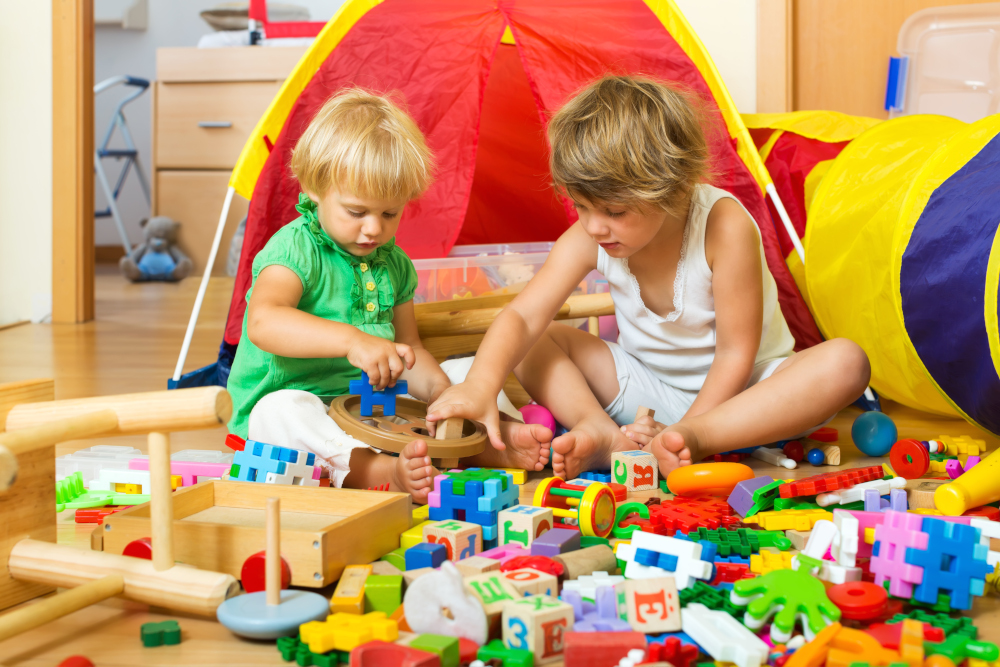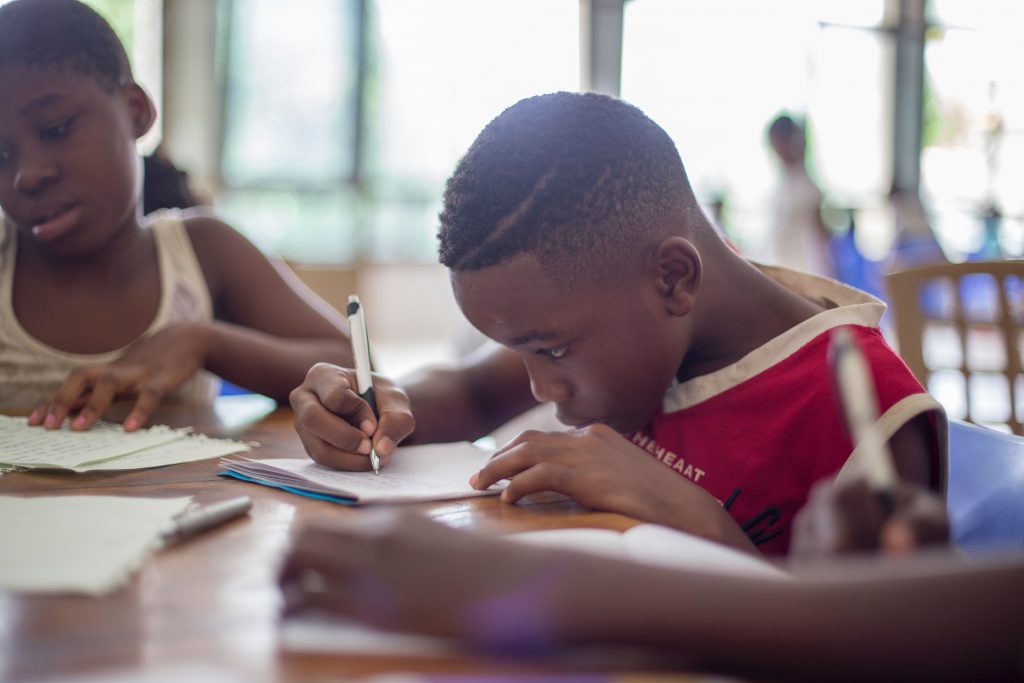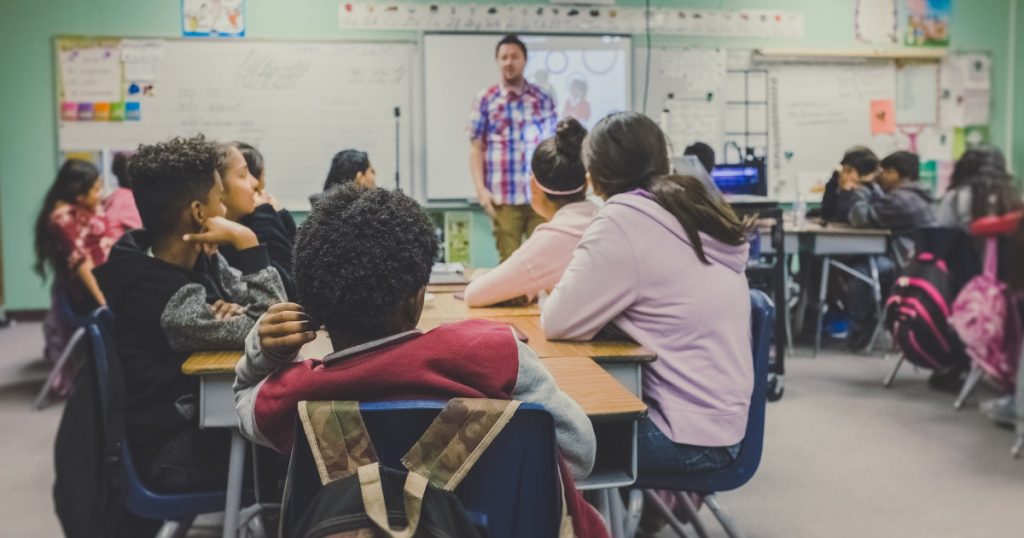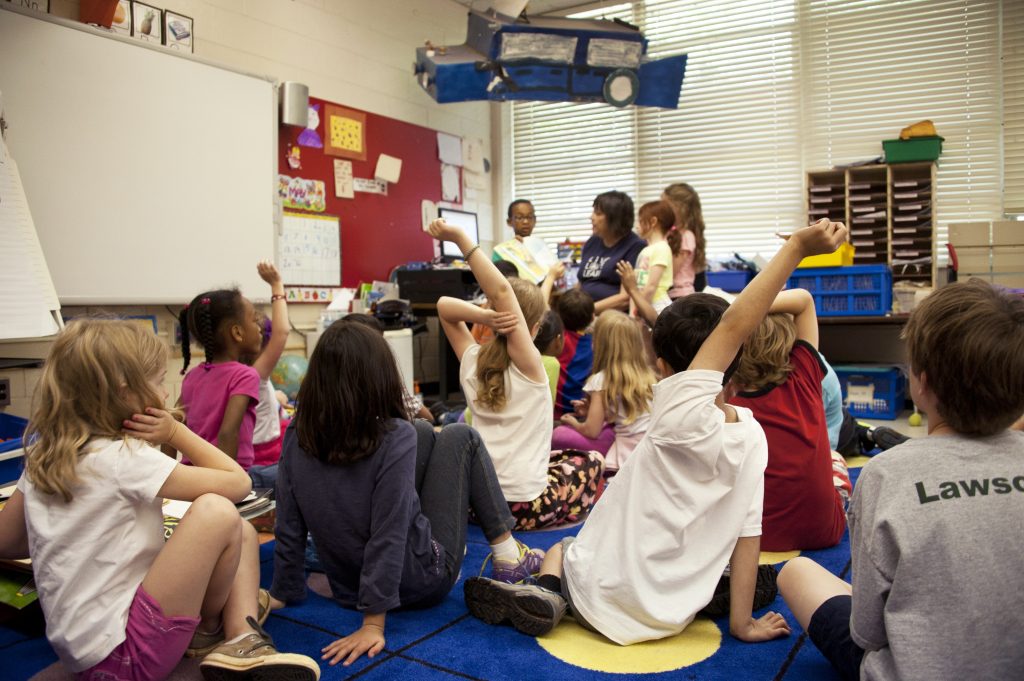Motor skills are skills related to specific movements of the body’s muscles to perform a certain task. They involve moving and coordinating the muscles of the body.
We use motor skills everyday throughout our lives. Almost everything that we do, from walking up a flight of stairs to taking notes on a piece of paper, is enabled by our motor skills. Motor skills and motor control begin developing after birth and will progress as children grow. The development of motor skills is essential for physical strength, movement and all interactions with the world.
Motor skills can be divided into two categories: gross motor skills and fine motor skills.
Gross motor skills involve bigger movements of the body using large muscle groups like arms, legs and torso. They involve whole body movement and enable your child to perform important everyday tasks, such as climbing onto the bed or getting downstairs for breakfast.
Gross motor skills include skills such as:
-
- Walking
-
- Running
-
- Jumping
-
- Lifting
-
- Kicking
-
- Sitting
-
- Standing
-
- Swimming
-
- Playing sports
-
- Riding a bike
Even though most children learn these skills easily and automatically, gross motor skills are more complex than they might seem. They involve the coordination of muscles and the neurological system. Gross motor skills entail balance, hand-eye coordination and strengthening the neural pathways in the brain. All these are foundations upon which fine motor skills are developed.
Fine motor skills work the smaller muscles of the hands, fingers, and wrists to perform smaller and more specific movements. Fine motor skills allow the child to achieve independence in smaller but equally significant matters: turning door knobs, opening lunch boxes, using cutlery, brushing teeth, washing hands and so on.
Your child needs fine motor skills to do things such as:
-
- Holding a pen or scissors
-
- Writing
-
- Cutting
-
- Threading beads
-
- Buttoning up their coat
-
- Tying shoelaces
-
- Cleaning teeth
-
- Brushing hair
-
- Toileting
As the child gains more independence in self-care and everyday tasks, fine motor skills unfold new avenues for exploration, learning and creative expression. On the other hand, difficulties in acquiring fine motor skills could result in low self-esteem, compromised academic performance and limited play options.
Importance of Motor Skills
-
- Motor skills lay the foundation for development by opening up new opportunities for learning
-
- The emergence of motor skills initiate a chain of development in other domains – perception, cognition, communication, emotional regulation etc.
-
- Motor skills enable children to move and complete tasks independently
-
- Instil confidence as children learn to adapt their behaviour to variations in their body and environment
-
- Age norms for basic motor skills serve as benchmarks for diagnosing developmental delays
Red Flags
-
- Delayed rolling over, sitting or walking
-
- Muscle stiffness or floppiness
-
- Poor head and neck control
-
- Lack of interest in grasping objects
-
- Poor hand-eye coordination




